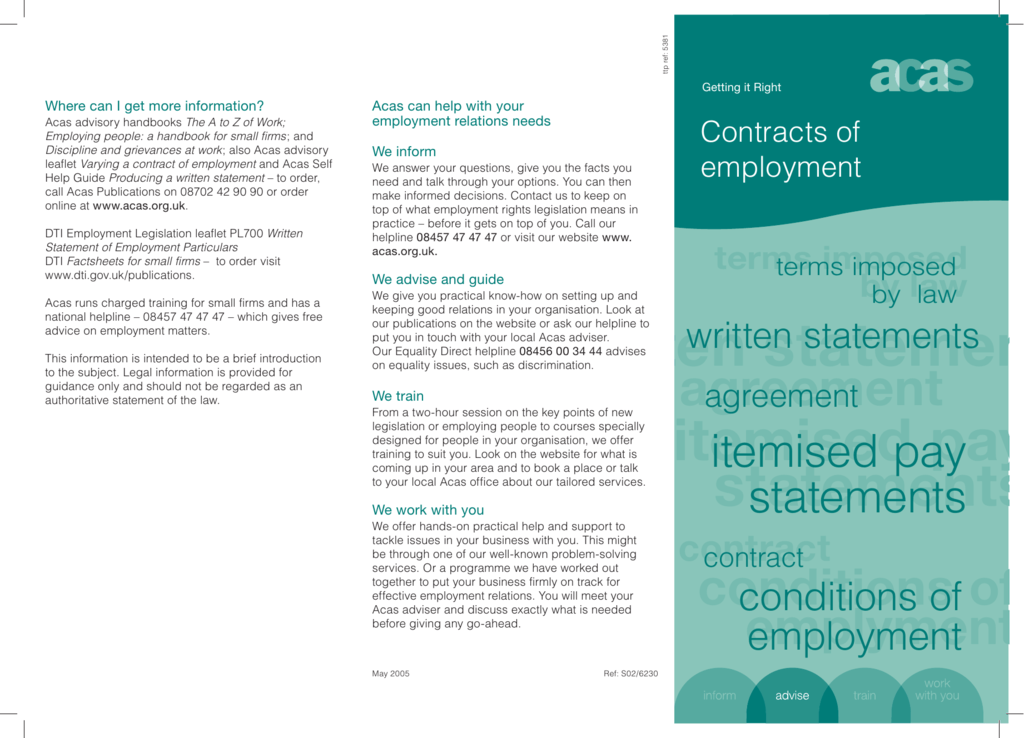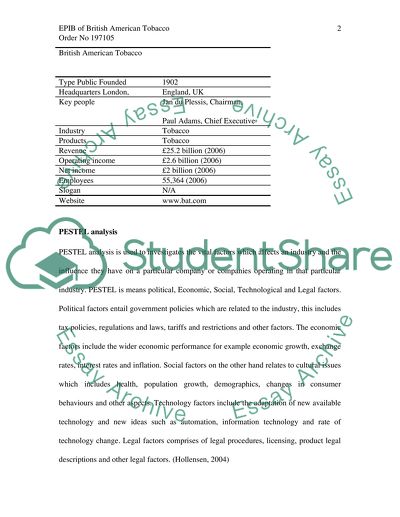Acas Case Study

Last reviewed 25 August 2016
Background
Two recent cases heard in the Employment Appeal Tribunal (EAT) concerning the Acas Code of Practice on Disciplinary and Grievance Procedures (the “Code”), clarify and serve as a useful reminder of when the Code applies, and the potential consequences of failing to comply with the Code, writes Amy Cunningham of Cunningham Legal.
The case study writing below is based on this (shortened) assignment question: Watch a film which feature the impact of drug and/or alcohol abuse. Choose one of the characters from your chosen film who is using or abusing alcohol and/or other drugs as the basis for your client and case study. Racial discrimination case study. RACISM AT THE WORKPLACE. Also, every cabin crew manager will be updated with new training from ACAS (the Advisory, Conciliation. The Tricky Issue of Time Limits and ACAS Early Conciliation. Cases concerning the extension of time limits in the Employment Tribunal and ACAS Early Conciliation procedures continue to occupy the Employment Tribunals with this latest case decided by the Employment Appeal Tribunal where the employee went through a second round of early conciliation and attempted to rely on the second round to.
Asymptomatic Carotid Atherosclerosis Study (ACAS) - 60% stenosis. The risk of ipsilateral stroke or any stroke or death was 5% during 5 years of follow-up in surgically treated patients and 11% in medically treated patients. ‒Absolute risk reduction (ARR) 6% ‒NNT 17. INTMD-2 International Pricing Approaches – Casualty – Ana J. Mata, PhD, ACAS 7 Settlements – lump sum settlement most common in the past, 2003 Partial Payment Order imposed by courts Main current issue! Motor XOL – A case study Illustration Programme Data received £2M xs £3M £5M xs £5M 15M xs £10M Unlimited xs £25M.
The Code states that it applies to dismissals for poor performance and misconduct and also that it does not apply to redundancies or where a fixed-term contract is not renewed when it expires. However, it is silent as to whether it applies to other dismissals affecting capability, like ill health, or to dismissals for some other substantial reason.
Acas Grievance Case Study
Where a party has unreasonably failed to follow the Code, a tribunal has the discretion to increase or reduce compensation by up to 25%.
Holmes v Qinetiq
In this case, the EAT had to decide whether the Code applied to a dismissal for ill health where there was no poor performance by the employee.

The employee, a security guard with 18 years’ service, was dismissed on health grounds because his employer believed that he was not capable of carrying out his role. The tribunal found that his dismissal was unfair because Qinetiq failed to obtain an up-to-date occupational health report on him. Mr Holmes then sought an uplift in compensation of 25% on the basis of a failure by Qinetiq to follow the Code.
The tribunal decided that there would be no uplift because the Code did not apply, and when Mr Holmes appealed, the EAT agreed. The EAT held that where an employer dismisses an employee due to genuine ill health, where there is no issue of poor performance, there is no requirement to follow the Code and hence there will be no uplift in compensation. It only applies to dismissals where there is “culpable conduct”, which means some form of misconduct or poor performance that requires correction or punishment. In cases of ill health, the Code would only apply where there is a failure to comply with a company’s sickness absence procedures, or if there was an allegation that the ill health was not genuine.
This case confirms, helpfully to employers, that in genuine ill-health cases, there will be no uplift in compensation for a failure to follow the Code.

Phoenix House Ltd v Stockman
The Code does not state whether or not it applies to dismissals for “some other substantial reason” (SOSR) under s.98(1)(b) of the Employment Rights Act 1996. Previous case law suggested that the Code did apply to such dismissals, and the issue has recently been considered by the EAT again.
In this case, a tribunal found that the dismissal of an employee for an alleged irretrievable breakdown in the working relationship was unfair. The tribunal then had to consider whether Ms Stockman was entitled to an uplift in compensation on the basis that the employer had not followed the Code. It decided that she was.

Acas Redundancy Case Study
Phoenix House appealed to the EAT. The EAT agreed that Ms Stockman had been unfairly dismissed, but held that the Code does not apply to dismissals for SOSR, which is in contrast to previous cases on this issue, and hence that there would be no uplift in compensation.
Acas Case Study Guide
Although this case, again, is helpful to employers, it does not change the basic position that a fair dismissal for SOSR is very difficult to achieve, particularly where the reason for the dismissal is an alleged personality clash.
Actions for those responsible for staff
Acas Case Study Definition

The above two cases provide useful clarification of the scope of the application of the Code. Employers should review and update company policies and procedures accordingly to ensure that they accurately reflect and are consistent with this clarified position.